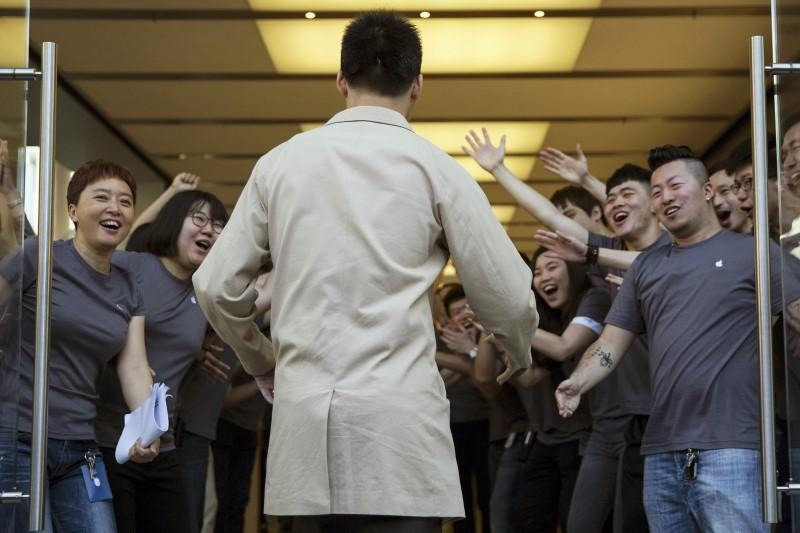Apple's Chinese retail growth stalled by fraud & competition, forcing repositioning
Apple's retail expansion in China is reportedly being stymied by a number of factors, putting it well short of ambitious goals the company had earlier this decade.
The company originally envisioned having 25 stores in the country by the end of 2011, but ultimately managed just 26 stores by the end of 2016, The Information noted on Monday. There are now 42 shops in mainland China, and 50 in the "greater China" region, including the likes of Hong Kong and Macau.
Apple is said to be "repositioning" its stores to target city locals and tourists from smaller Chinese locations, instead of trying to build a nationwide chain. The company has cancelled plans for a store in the city of Changsha, and has yet to move ahead with plans for a Harbin location.
One of the factors hurting Apple is said to be the rise of local smartphone brands like Oppo, Xiaomi, and Huawei. While previously known for budget phones, those firms have increasingly delved into the high-end market while maintaining cheaper prices than iPhones.
The company is also said to be encountering bureaucratic obstacles, bribery by government officials, and widescale fraud. In one instance, a pair of busses with about 80 students arrived at an Apple store in Beijing in order to exploit the company's annual back-to-school promotion, in which it offers free Beats headphones when buying a Mac or iPad. The students were each paid about $10.
Similar fraud schemes hit Apple stores across the country each year, according to retail workers contacted by The Information.
Other forms of fraud include iPhone repair schemes, in which parts are stolen from working iPhones and replaced with fake ones in order to claim free replacement iPhones for resale. The legitimate parts are used to refurbish hardware.
The iPhone repair fraud alone may be costing Apple billions of dollars, which could make adding locations more of a hassle than they're worth.
 Roger Fingas
Roger Fingas











 William Gallagher
William Gallagher

 Chip Loder
Chip Loder
 Andrew Orr
Andrew Orr
 Marko Zivkovic
Marko Zivkovic
 David Schloss
David Schloss

 Malcolm Owen
Malcolm Owen






